Exploring Different Pilot Careers: Commercial vs. Private Pilot
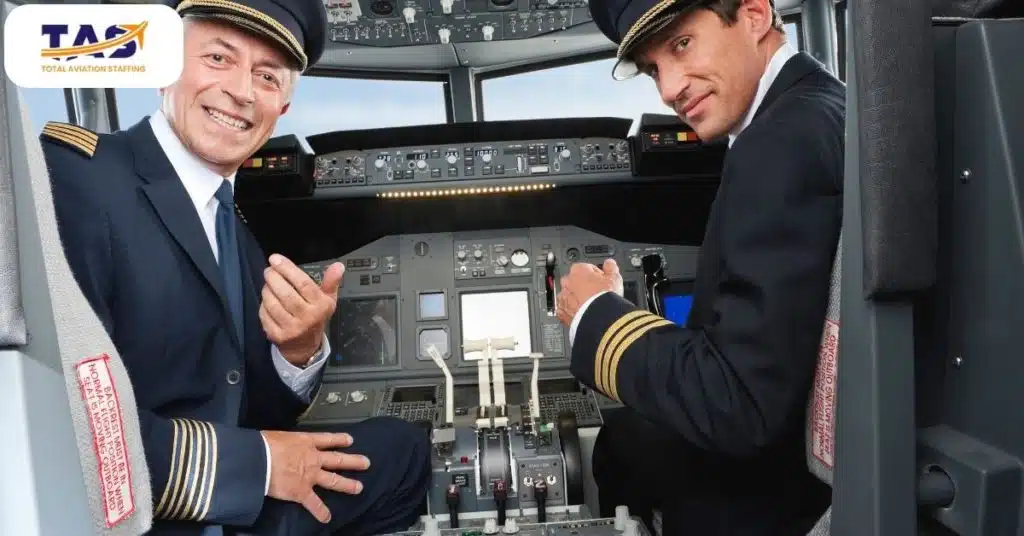
For anyone interested in a career as a pilot, it’s important to understand the different types of piloting jobs that are available. Commercial pilots and private pilots have different responsibilities and earning potential. In this blog post, we’ll explore the key differences between these two types of pilot careers. Whether you’re just starting to research pilot careers or you’re close to making a decision, this information will be helpful in deciding which path is right for you.
Defining the two types of pilot careers – commercial and private
Becoming a pilot can be exhilarating: the wind in your hair, the sun on your skin, and the clouds in your sights. But getting there is no easy feat! It takes dedication, hard work, and extreme focus to learn the complex systems involved in operating an airborne machine. In addition, there are two main types of pilot careers – commercial and private – each with their own requirements and paths.
Commercial pilots fly airplanes for private businesses or airlines that carry paying customers. This type of career requires specialized certifications such as a commercial license from the Federal Aviation Administration (FAA).
Private pilots, on the other hand, fly for themselves or family and friends without compensation. These pilots must obtain a special license from the FAA but usually do not have to meet as stringent of requirements as those seeking a commercial license.
So if you’re dreaming of taking to the skies someday, make sure you know what kind of experience and licensing are necessary for success in each type of career! Whichever you choose, flying is sure to bring amazing new experiences and opportunities your way.
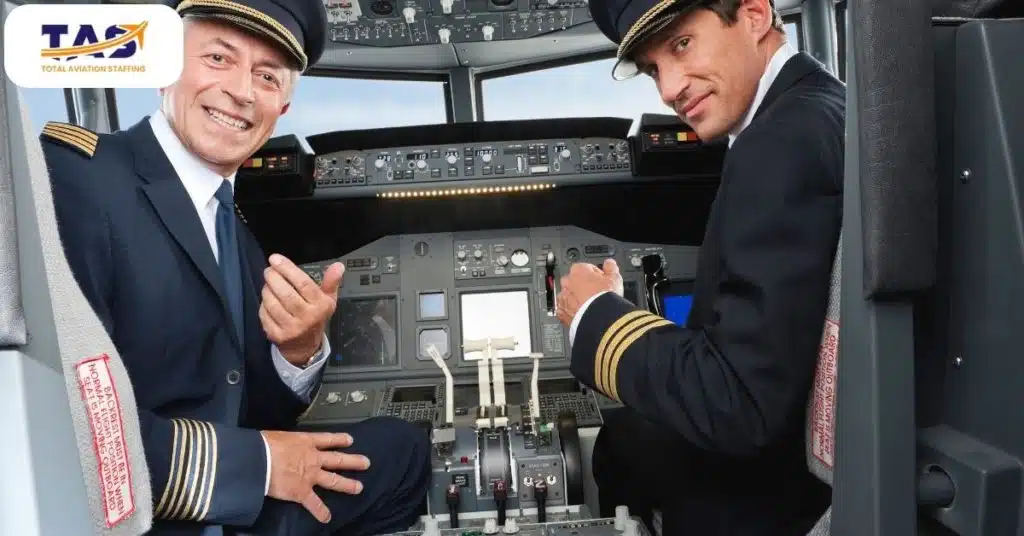
The training required for each type of pilot career
The training required to become a commercial pilot is more extensive than that required to become a private pilot. Commercial pilots must have a minimum of 250 hours of flight time, while private pilots only need 40 hours.
In addition, commercial pilots must complete additional training in areas such as night flying and instrument flying. As a result of these increased training requirements, becoming a commercial pilot is typically a longer and more expensive process than becoming a private pilot.
However, the rewards can be greater, as commercial pilots usually earn higher salaries and have more job opportunities.
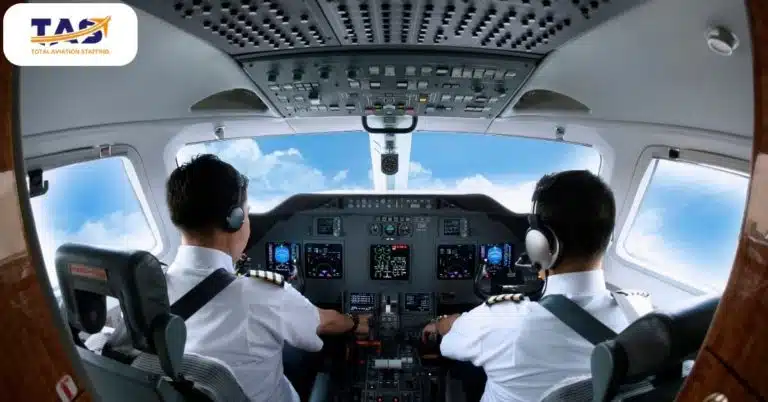
The work schedule for each type of pilot career
Commercial pilots typically have a more structured work schedule than private pilots. They usually fly during daylight hours and have regular routes that they follow. Commercial pilots may also be required to fly on weekends and holidays.
In contrast, private pilots typically have a more flexible work schedule. They may fly at any time of day or night and can choose their own routes. Private pilots also usually have the option to take extended breaks between flights.
As a result, each type of pilot career has its own benefits and drawbacks. Commercial pilots typically have a more stable work schedule, but private pilots have more freedom to choose when and where they fly. Ultimately, the best type of pilot career for an individual depends on their personal preferences and goals.
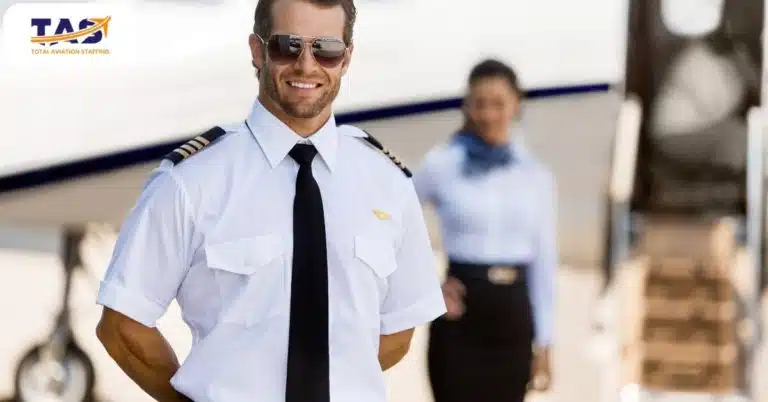
The pay scale for each type of pilot career
The pay scale for commercial pilots and private pilots varies depending on the type of aircraft they fly, the size of the company they work for, and their experience level.
Commercial pilots who fly large jets for major airlines can earn salaries of $100,000 or more per year. Private pilots who fly smaller planes for private individuals or businesses typically earn less, with salaries ranging from $30,000 to $50,000 per year.
The pay difference between commercial and private pilots is partly due to the different training and licensing requirements for each type of pilot career. Commercial pilots must have a bachelor’s degree from an accredited aviation school and must obtain a commercial pilot’s license from the Federal Aviation Administration. Private pilots only need a high school diploma and must obtain a private pilot’s license from the FAA.
The training and licensing requirements for commercial pilots are more extensive because they are responsible for flying passengers on scheduled flights. Private pilots typically have more flexibility in their schedules and can choose to fly only when it is convenient for them.
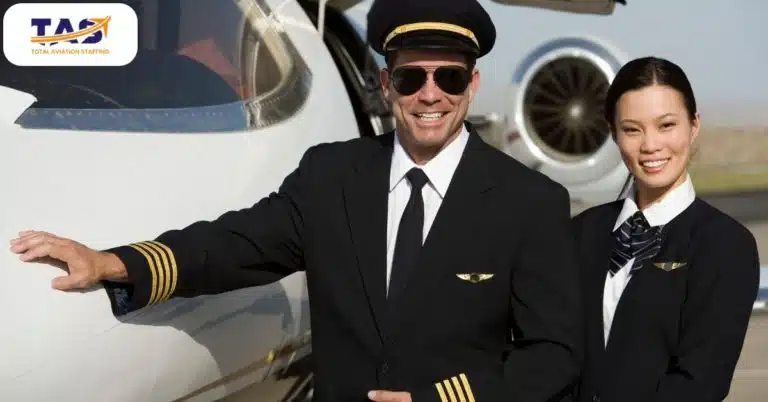
The pros and cons of each type of pilot career
When it comes to choosing a career as a pilot, there are two main options: flying for a commercial airline or flying for a private company. Each option has its own set of pros and cons that should be considered before making a decision.
Commercial pilots must meet strict requirements set by the Federal Aviation Administration (FAA). They must have a commercial pilot’s license, which requires 250 hours of flight time, as well as an instrument rating and a first-class medical certificate. Private pilots only need a private pilot’s license, which requires 40 hours of flight time. Commercial pilots also undergo more extensive training than private pilots and are held to higher safety standards. Because of these requirements, commercial pilots tend to be better paid and have more job security than private pilots. However, they also have less freedom and flexibility in their work schedules.
Private pilots can choose their own work schedule and choose to fly for fun or for business. They also have more flexibility in the types of aircraft they can fly. However, they are not held to the same safety standards as commercial pilots and are not subject to the same rigorous training requirements. As a result, private pilots may be more likely to experience an accident than commercial pilots.
In the end, it is up to each individual to decide whether a career as a commercial or private pilot is right for them. Both types of careers have their pros and cons, and it is important to weigh all factors before making a decision.
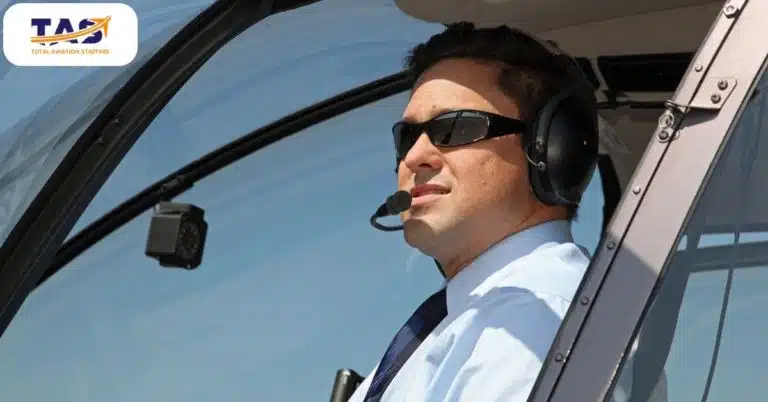
In conclusion
Choosing a career as a pilot is an exciting and rewarding decision. Whether you choose to become a commercial or private pilot, the decision should be based on your own personal preferences and goals. It is important to consider the different requirements, pay scales, and benefits of each type of pilot career before making a final decision. No matter what type of pilot you choose to become, you can look forward to a career that will bring excitement and adventure every day. Good luck!
